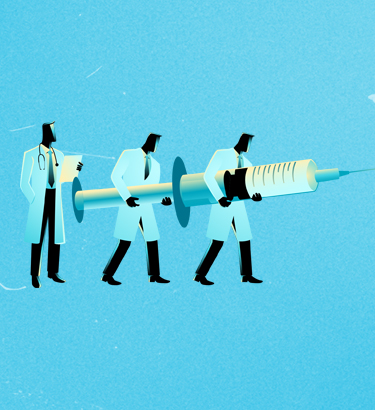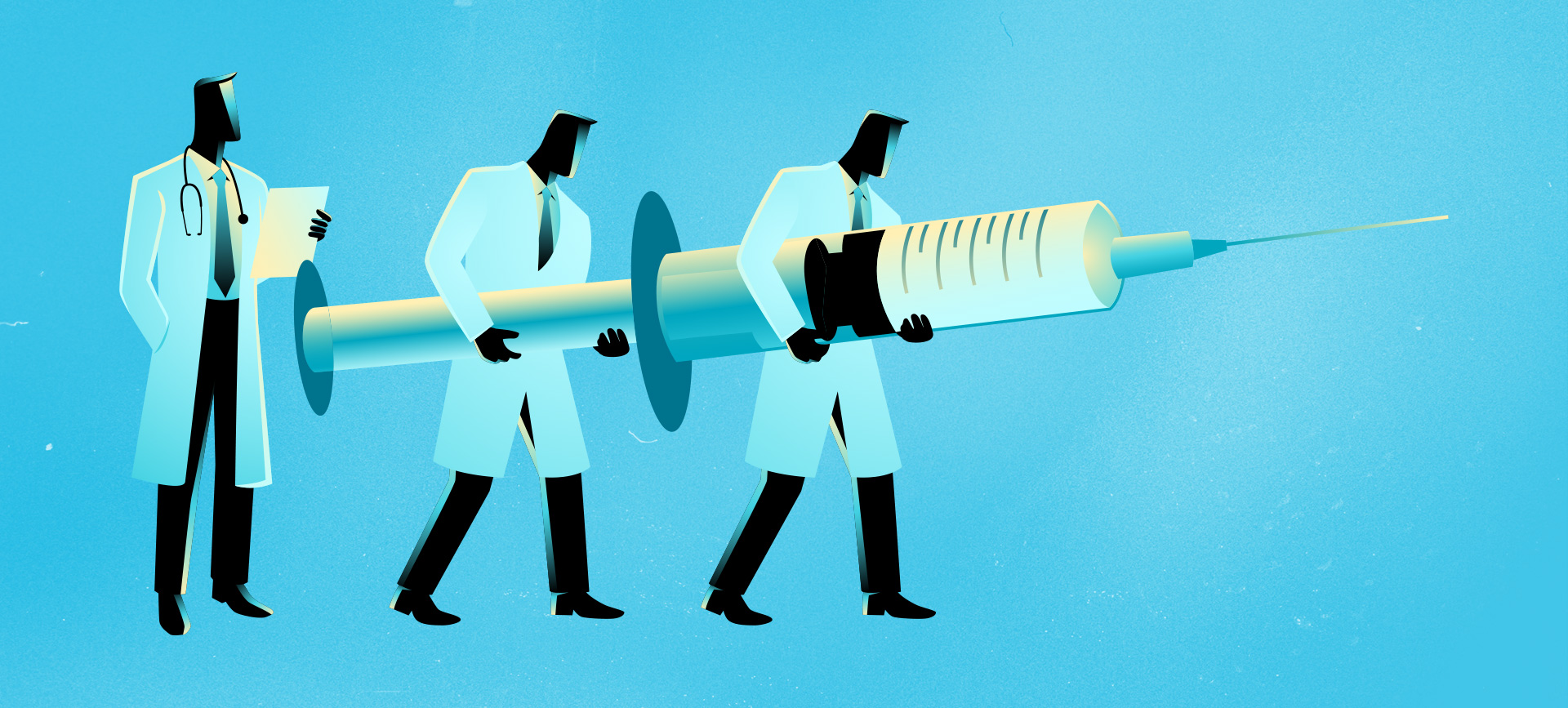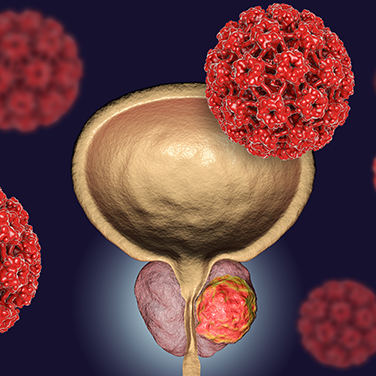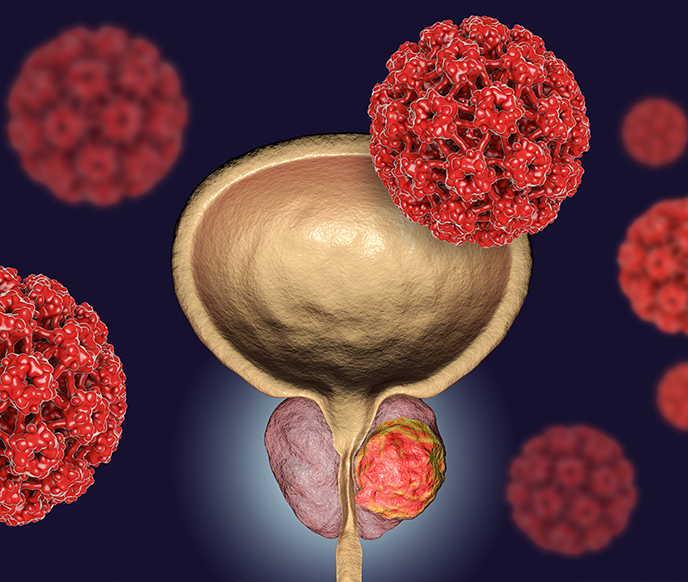Welcome to Giddy's series for Prostate Cancer Awareness Month. Each week, we will tackle a different aspect of prostate cancer and shed light on common misconceptions. This week, let's take a look at testing and treatment.


Prostate Cancer Awareness Month: Testing and Treatment
When your body doesn't feel right, you tend to notice, and when prostate cancer is a possibility, it's important to take note of any possible symptoms you may be experiencing. But how do you know if you're susceptible? Well, if you have a prostate, you're automatically at risk, as 1 in 8 men will receive a prostate cancer diagnosis at some point. So what happens after you're diagnosed?
Take our quiz—don't worry, this is an open-book exam—and find out about the potential treatments, the side effects you may face and how prostate cancer is diagnosed in the first place. You'll find links to content elsewhere on the Giddy site and to relevant studies and cancer organizations.
Our goal isn't to stump you with difficult questions. It's to inform and enlighten as part of the mission of Prostate Cancer Awareness Month, which spans September. If you missed them, take the previous quizzes, Risk Factors, Prevention and Symptoms. Then come back next week for Life After.


True. If you're experiencing symptoms of prostate cancer, or even prostatitis, you should meet with your doctor. If the physician suspects either one of these conditions, they will conduct a digital rectal exam (DRE) of your prostate with a lubricated, gloved finger. Prostate cancer could be indicated by lumps or firmness in the prostate. A doctor may also suggest that you undergo a prostate-specific antigen (PSA) test. PSA is a protein produced by both cancerous and noncancerous tissue in the prostate gland.

False. There are several types of prostate biopsies now, and the steps may differ depending on the type of procedure. A transrectal biopsy involves going through the rectum to collect a tissue sample, while a transperineal biopsy is taken through the perineum, the area between the anus and the scrotum. The latter is usually guided by a computerized tomography (CT) scan or magnetic resonance imaging (MRI). Broadly speaking, more traditional biopsies use a probe and attached needles to take tissue samples. Recently, doctors have begun using a method called a liquid biopsy, which is a series of tests done on blood samples to look for cancer markers. This noninvasive test is gaining in popularity because it eliminates a number of false positives that plague other screening tests, as well as countless needle biopsies.
Additionally, you should know no doctor can force you to get a medical procedure you don't want. You have a right to accurate information so you know what to expect. If you're not comfortable with any part of the process, let your doctor know and both of you can look at potential alternatives.



True. Prostate cancers are classified based on the types of cells in which they originate. For example, prostatic adenocarcinoma develops in the gland cells that make prostate fluid. Less common and more aggressive forms of prostate cancer include neuroendocrine prostate cancer, prostatic small-cell carcinoma, prostate sarcoma and transitional cell carcinoma of the prostate, to name a few.

False. Depending on the stage of the disease, treatment for prostate cancer may not be necessary right away. Though some men opt to move forward with immediate treatment, for their own peace of mind, others may choose close monitoring. Older men or men in poor health might benefit from monitoring the disease rather than immediate treatment, because of the possible exacerbation of existing health problems due to potential side effects. This is particularly true if the prostate cancer is low-grade and spreading slowly.



False. Prostate cancer is generally treated with either radiation therapy or surgery. Deciding between the two treatment options can be stressful, as both carry side effects. According to medical experts, radiation therapy and prostate removal surgery are known to affect sexual function, the bladder and the bowel. Radiation therapy is more likely to cause bowel problems, whereas surgery is more likely to cause incontinence and erectile dysfunction (ED), according to University of Michigan Health.

True. Your biggest challenges in recovering from prostate cancer may be the changes in your sex life. There are common complications with prostate cancer treatments that may make sex more difficult or less interesting. Four main components of an erection can be impacted by treatment for prostate cancer: libido, mechanical ability, orgasm and ejaculation.










